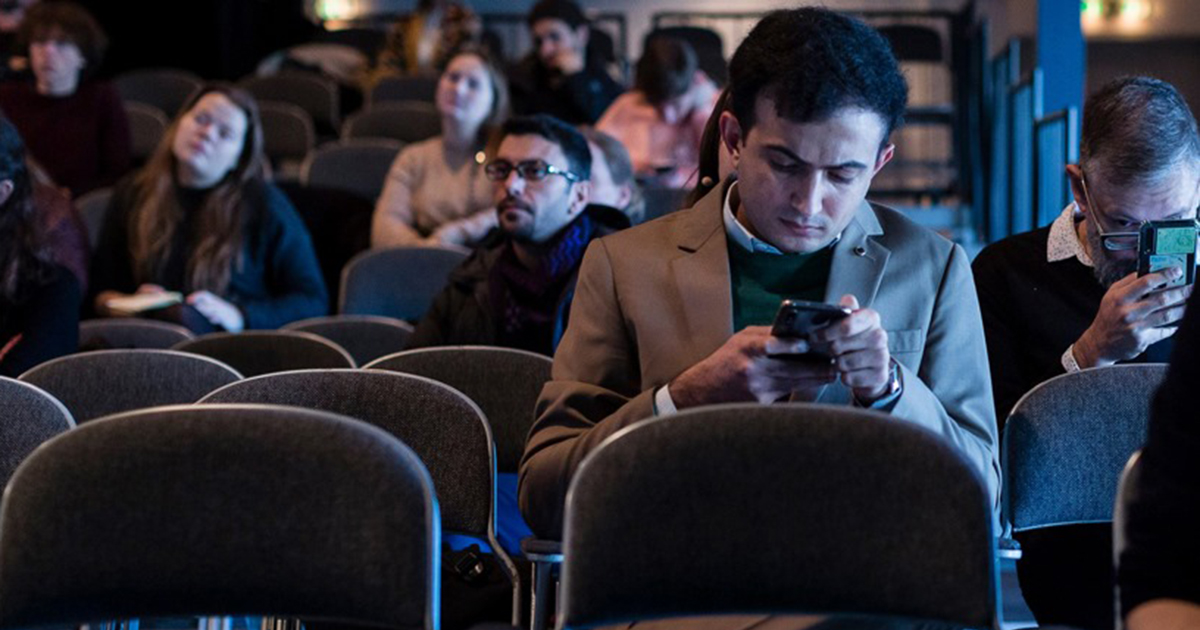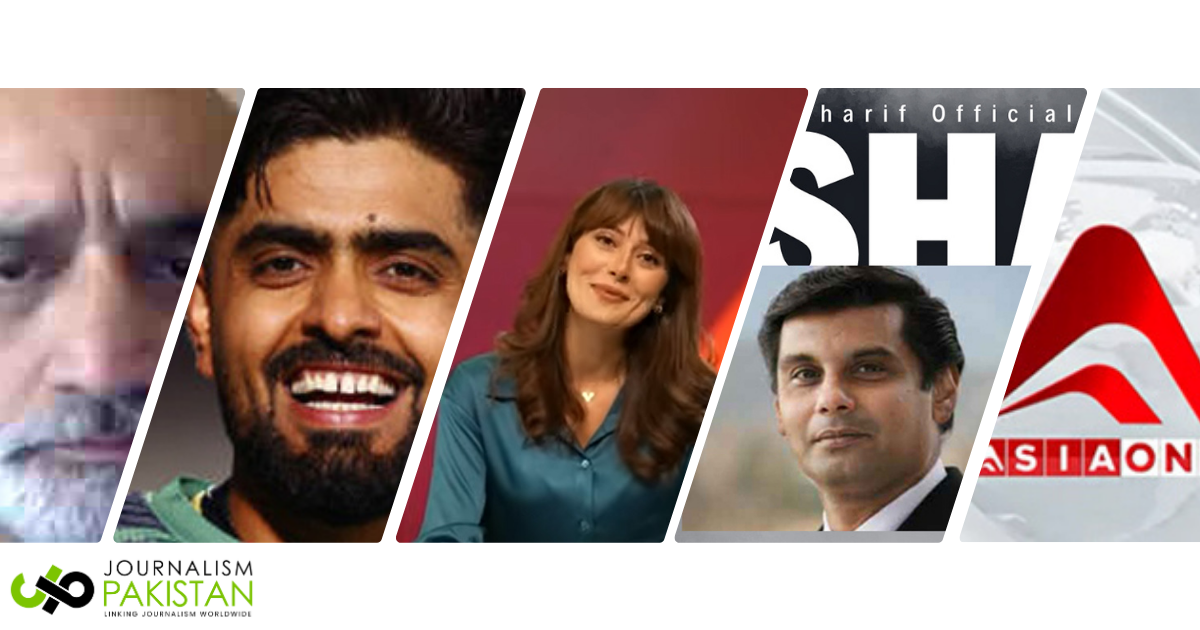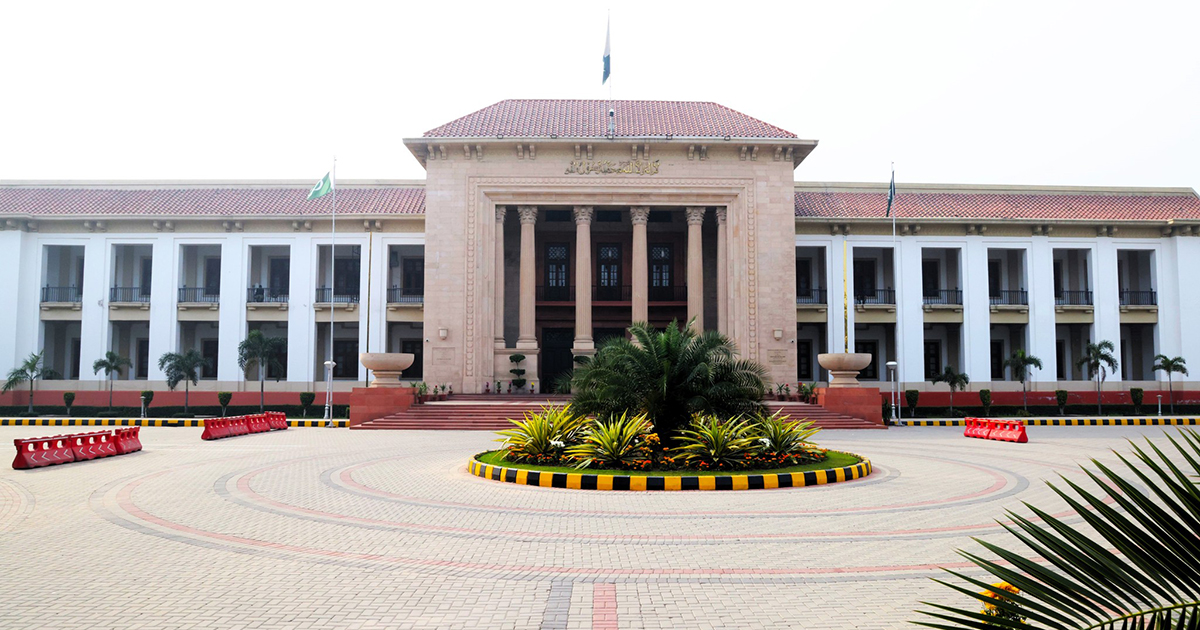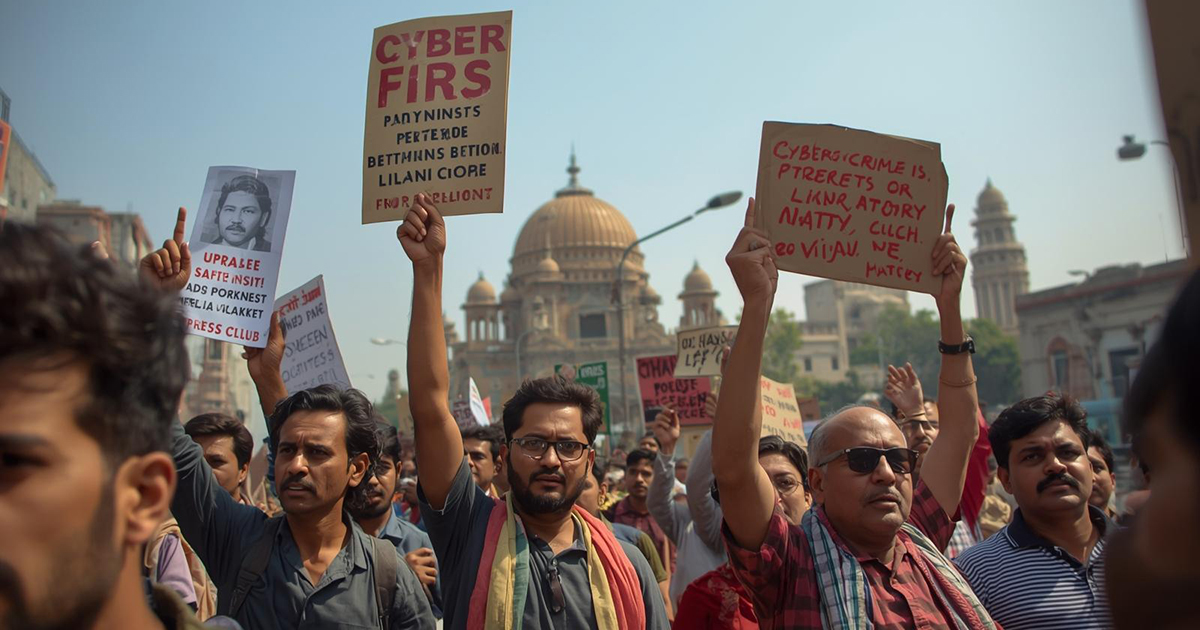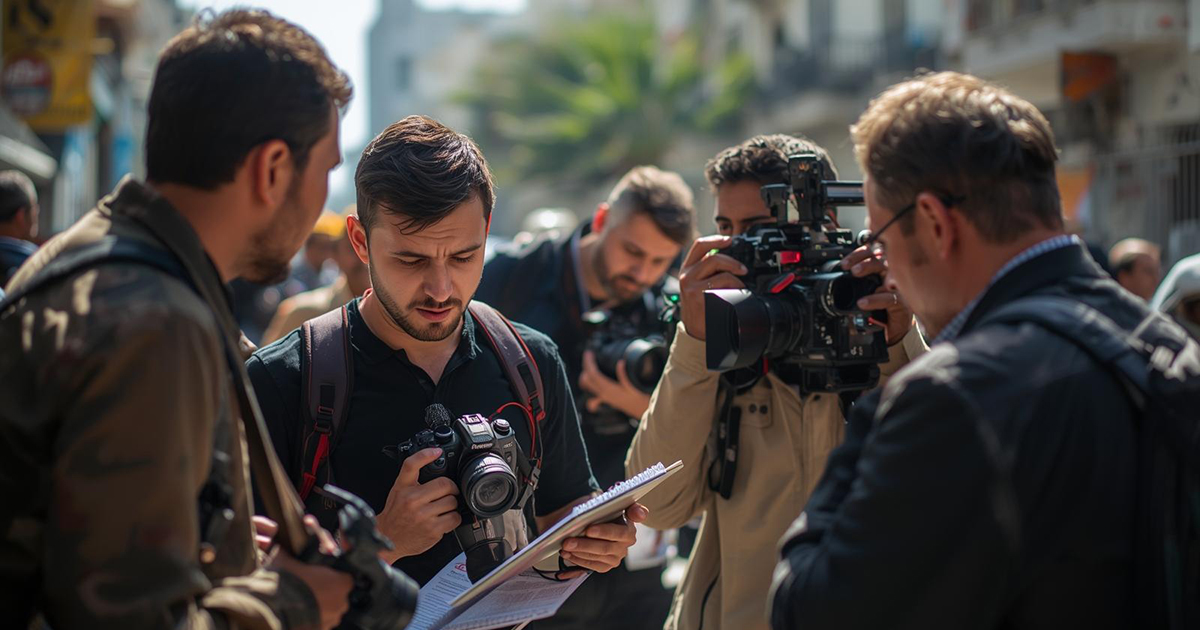Time magazine names Mullah Baradar among 100 most influential people of 2021
JournalismPakistan.com | Published: 17 September 2021
Join our WhatsApp channel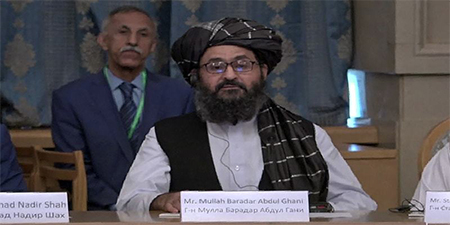
NEW YORK—Mullah Abdul Ghani Baradar, deputy prime minister in the Taliban's caretaker government, has been named among the 100 most influential people of 2021 by Time magazine, giving him a boost internationally at a critical time for Afghanistan.
The list has chosen the "influential people" under six categories: leaders, icons, pioneers, titans, artists, and innovators. Mullah Baradar, who led the Taliban in the negotiations with the U.S. during the peace deal, has been listed as the most influential under the category of leaders, including President Joe Biden and Chinese President Xi Jinping.
In a profile carried by the magazine, noted Pakistani journalist Ahmed Rashid called Mullah Baradar a "revered" figure among the Taliban as a founding member of the movement, saying he is a "charismatic military leader and a deeply pious figure."
Rashid wrote, "When the Taliban swept to victory in August in Afghanistan, it was on the terms Baradar negotiated. He was said to be making all the significant decisions, including the amnesty offered to members of the former regime, the lack of bloodshed when the Taliban entered Kabul, and the regime's contacts and visits with neighboring states, especially China and Pakistan.
Photo: AFP



